Psych 101
from the comfort of your own home
I’m often asked how to get up to speed on psychology without taking a college or university course. Sometimes, the question is from a student who needs to satisfy some requirement, but most of the time, it’s from someone who is just interested in the topic. And who wouldn’t be? Who doesn’t want to learn about the human mind and how it works, about memory, love, psychosis, prejudice, dreams, and all the other fascinating topics that psychologists study?
I’m the right person to ask. I’ve been teaching Intro Psych for a long time, both in person and online. I wrote a book on the topic and (with my friend and fellow psychologist David Pizarro) produced a podcast based on the book.
So here are my six answers—in rough order of how in-depth you want to go. Most of these options will leave you knowing more than if you took a typical university course; Option 6 will give you more breadth in the field than your average psych professor.
The elephant in the room: Much of what follows is stuff I’ve created, so you might worry that the goal of this post is self-advertising. But, look, wouldn’t it be weird if I had an online course on Intro Psych, wrote a book on Intro Psych, and had a podcast based on the book and then didn’t recommend them in a post on how to get a good introduction to psychology? This would reflect a serious self-esteem issue.
Also, if it bothers you, go to Options 5 and 6 for Bloom-free suggestions.
Option 1: Online course
Take my free introductory course here. Skip the readings, watch the lectures, and do the quizzes and exams. This is the easiest and quickest option.
Option 2: Online course + Readings
Take the course and also do all the free recommended readings. They are from the Noba Project and are short, well-written articles on different aspects of Psychology. The course includes the articles that I think are most relevant for someone who wants a general overview, but you can go to the Noba Project website and get up a good introduction to anything else you’re interested in. Highly recommended.
Option 3: Psych
Here. This is the whole shebang, covering every aspect of psychology worth knowing. If you read Psych, you won’t get anything more from taking the online course.
Option 4: Psych + Podcast
As you finish each chapter of Psych, go here and listen to David Pizarro and me talk about the content of what was just covered. We provide a summary, discuss theories and experiments not covered in the book in depth, tell personal stories, and occasionally even argue about things we disagree about.
Option 5: Read a really good textbook instead
Some people like a textbook—there is no substitute if you want to get into the weeds. I have two favorites that I used as sources when writing Psych.
This is one of the best, by three brilliant Harvard psychologists—Daniel Schacter, Daniel Gilbert, and Matthew Nock.
I also loved this one by James Gross, Toni Schmader, Bridgette Martin Hard, and Adam Anderson. It’s less detailed than the one above—which can be an advantage—and has an excellent online interface.
Option 6: Do Options 1-5 for the big picture and then read the following books for a deep dive.
Here are some great books that provide introductions to particular areas of psychology. (For two topics—happiness and reasoning—I couldn’t decide which one to choose, so I suggested multiple books.) To make the list, the book has to be written for a general audience and available in print. It must focus on a subfield of psychology and be a good-faith attempt to give fair coverage of a field, not just presenting the author’s theory.
The last criterion excludes many of the books I love (including my own). And I was loose here—there’s no such thing as a completely unbiased book (or even a completely unbiased textbook), and I know that I let in some books that are more agenda-driven than many readers will be comfortable with.
This is a provisional and incomplete list, and I’m sure I missed some really good ones. If you give me suggestions in the comments, I’ll add additional books and post a new version in a few months.
Bias
Blindspot: Hidden Biases of Good People by Mahzarin R. Banaji and Anthony G. Greenwald
Child Development
The Philosophical Baby: What Children’s Minds Tell Us About Truth, Love, and the Meaning of Life by Alison Gopnik
Concepts
Categories We Live By: How We Classify Everyone and Everything by Gregory Murphy
Consciousness/Philosophy of Mind
Matter and Consciousness: A Contemporary Introduction to the Philosophy of Mind by Paul M. Churchland
Cross-cultural psychology
The WEIRDest People in the World: How the West Became Psychologically Peculiar and Particularly Prosperous by Joseph Henrich
Evolutionary Psychology
The Ape that Understood the Universe: How the Mind and Culture Evolve by Steve Stewart-Williams
Freud
Freud: Inventor of the Modern Mind by Peter D. Kramer
Genes and individual differences
The Genetic Lottery: Why DNA Matters for Social Equality by Kathryn Paige Harden
Happiness
Stumbling on Happiness by Daniel Gilbert
The How of Happiness: A New Approach to Getting the Life You Want by Sonja Lyubomirsky
Intelligence
Intelligence: All That Matters by Stuart Ritchie
Language
The Language Instinct: How the Mind Creates Language by Steven Pinker (get the updated version)
Memory
The Seven Sins of Memory: How the Mind Remembers and Forgets by Daniel Schacter (get the updated version).
Neuroscience
The Idea of the Brain: The Past and Future of Neuroscience by Matthew Cobb
Reasoning
Thinking Fast and Slow by Daniel Kahneman
The Undoing Project: A Friendship That Changed the World by Michael Lewis


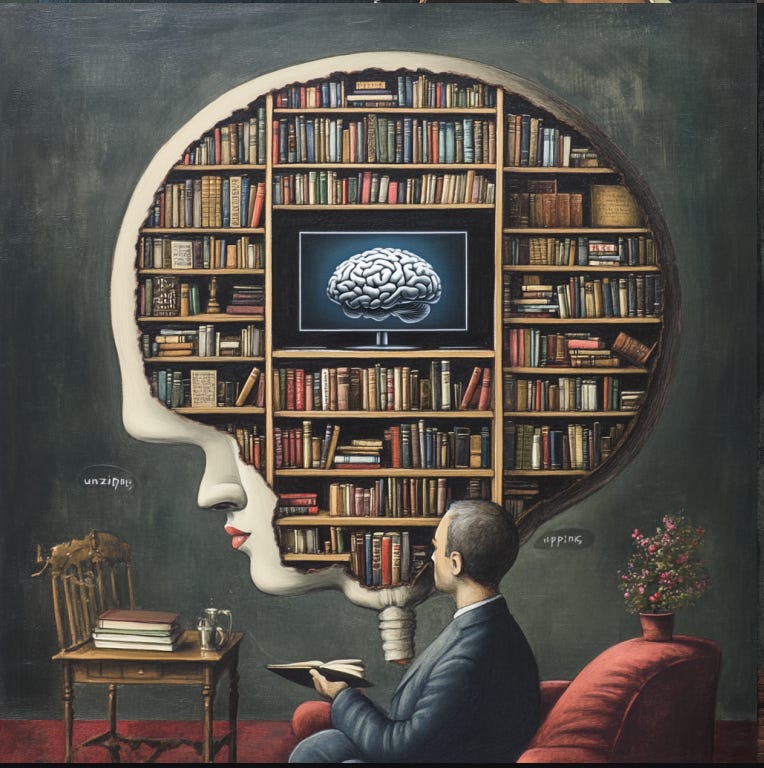

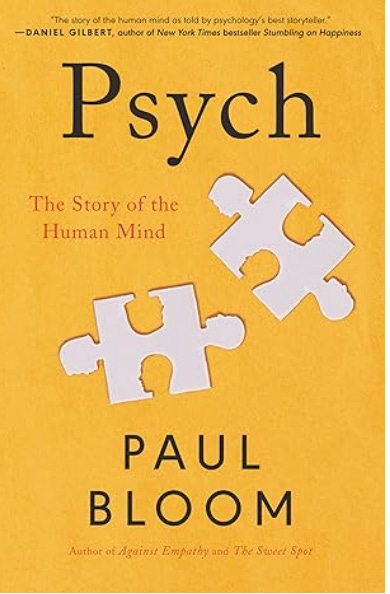



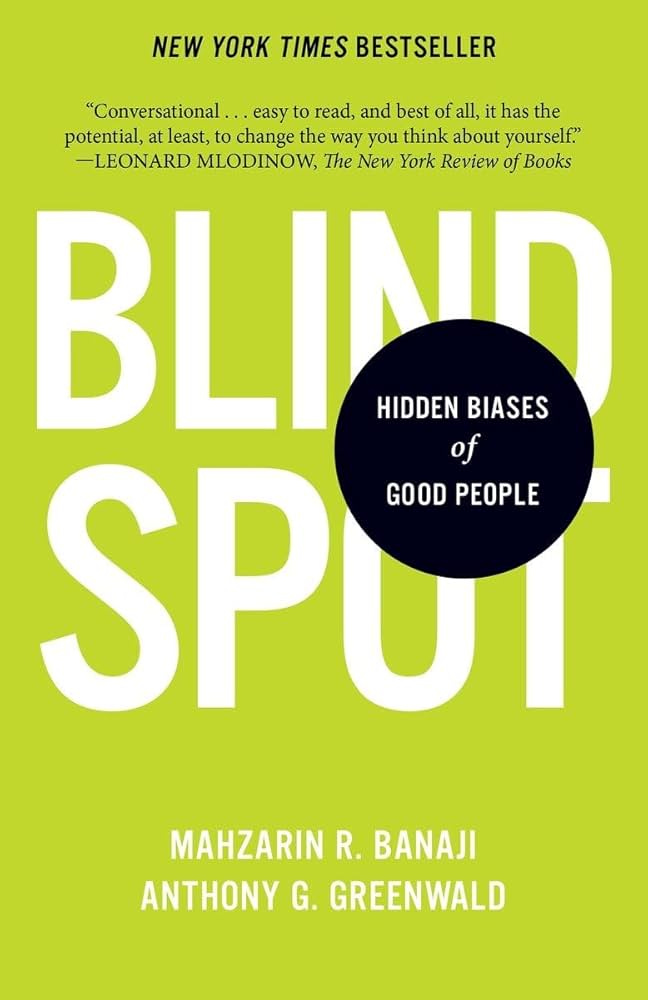
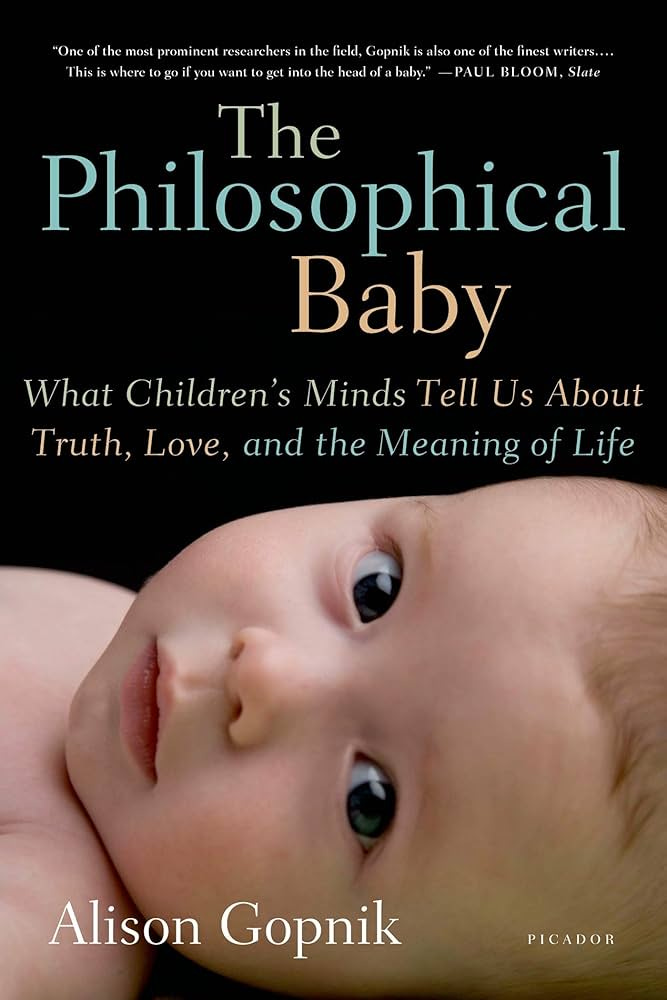
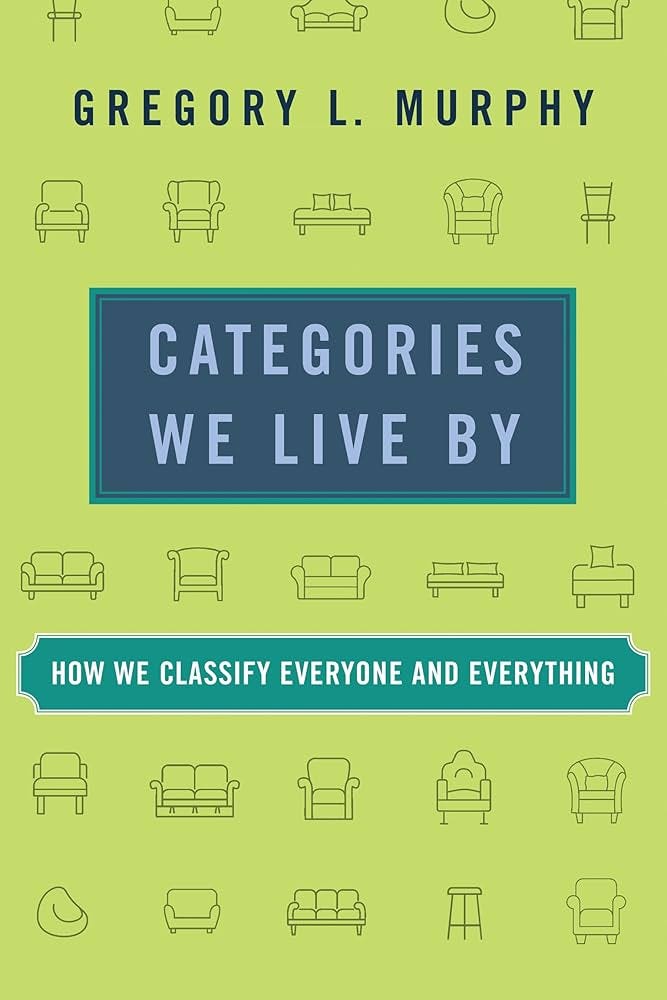

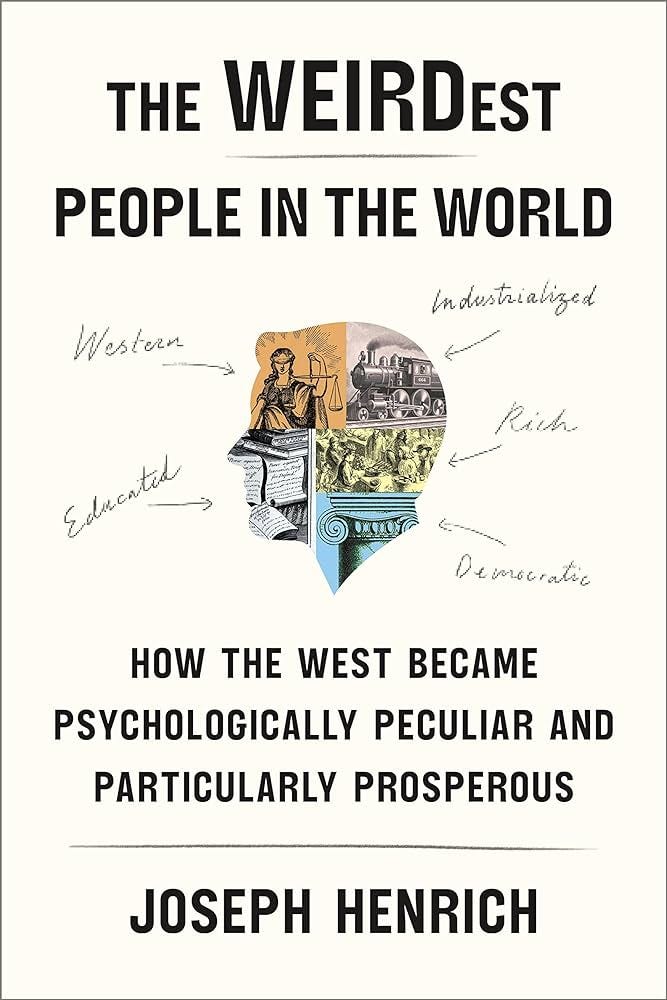
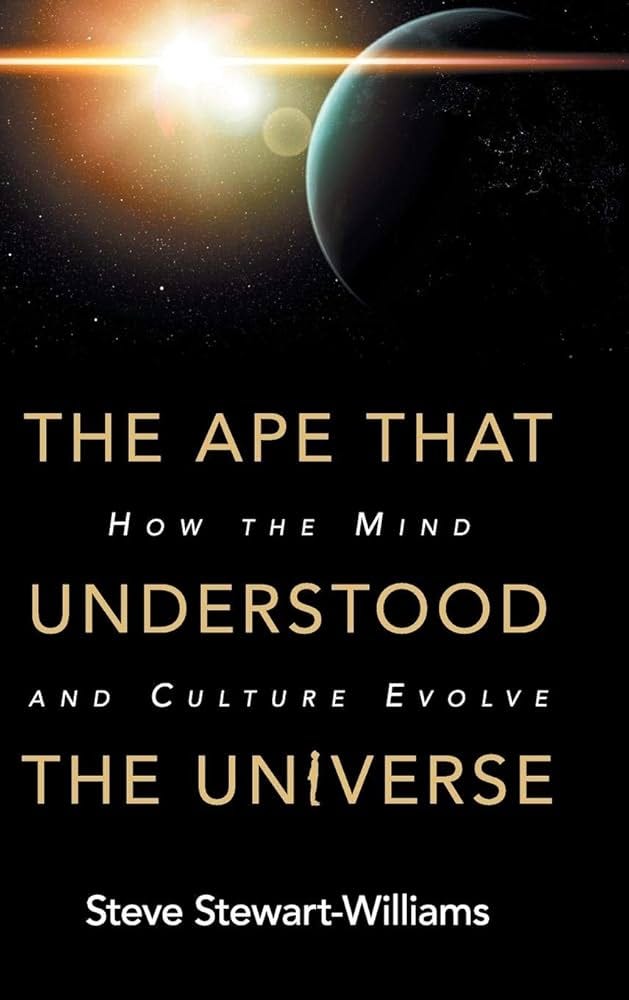
![Freud: Inventor of the Modern Mind [Book] Freud: Inventor of the Modern Mind [Book]](https://substackcdn.com/image/fetch/$s_!M5Gg!,w_1456,c_limit,f_auto,q_auto:good,fl_progressive:steep/https%3A%2F%2Fsubstack-post-media.s3.amazonaws.com%2Fpublic%2Fimages%2F876949f0-9d41-4461-a3fa-f4fe83a5cb5e_639x1000.jpeg)
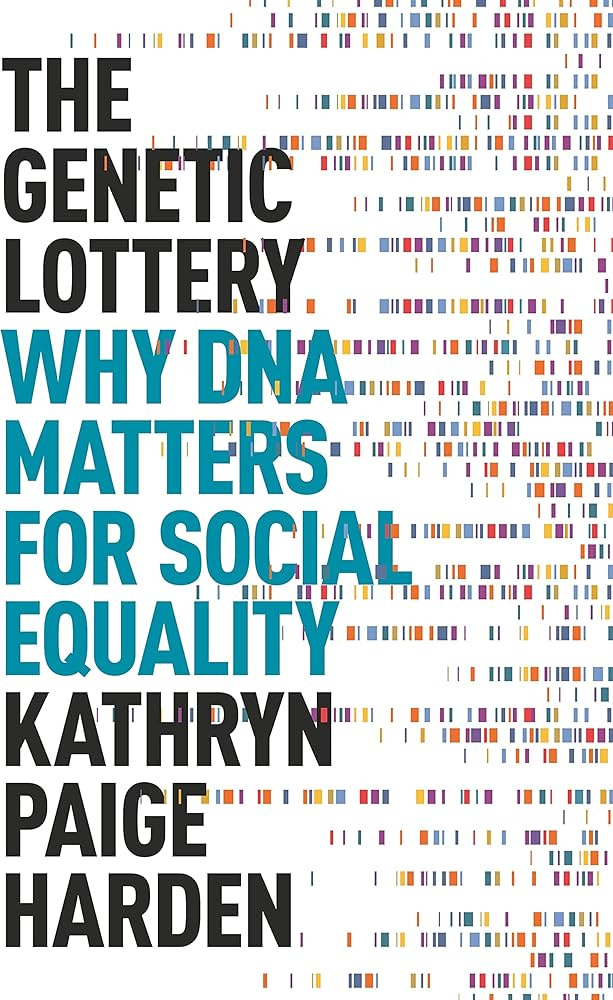
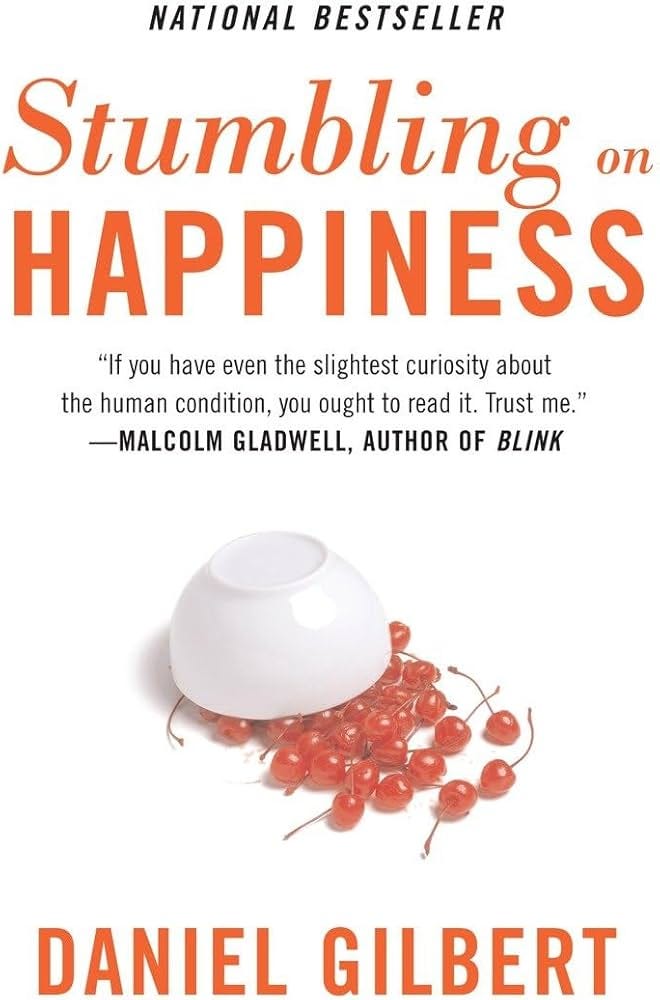

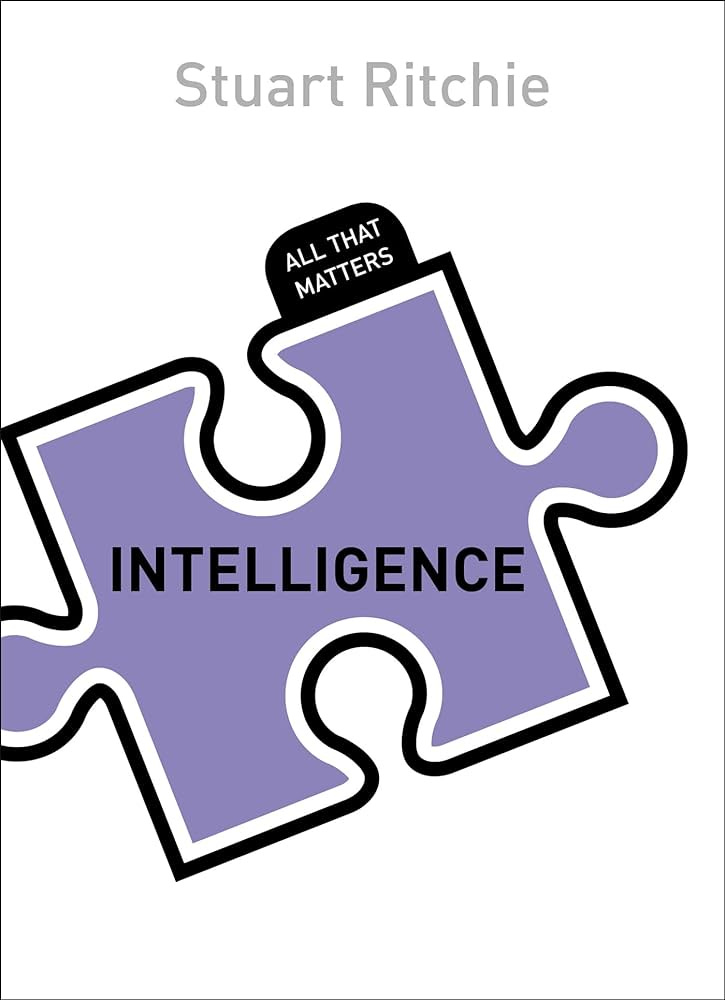

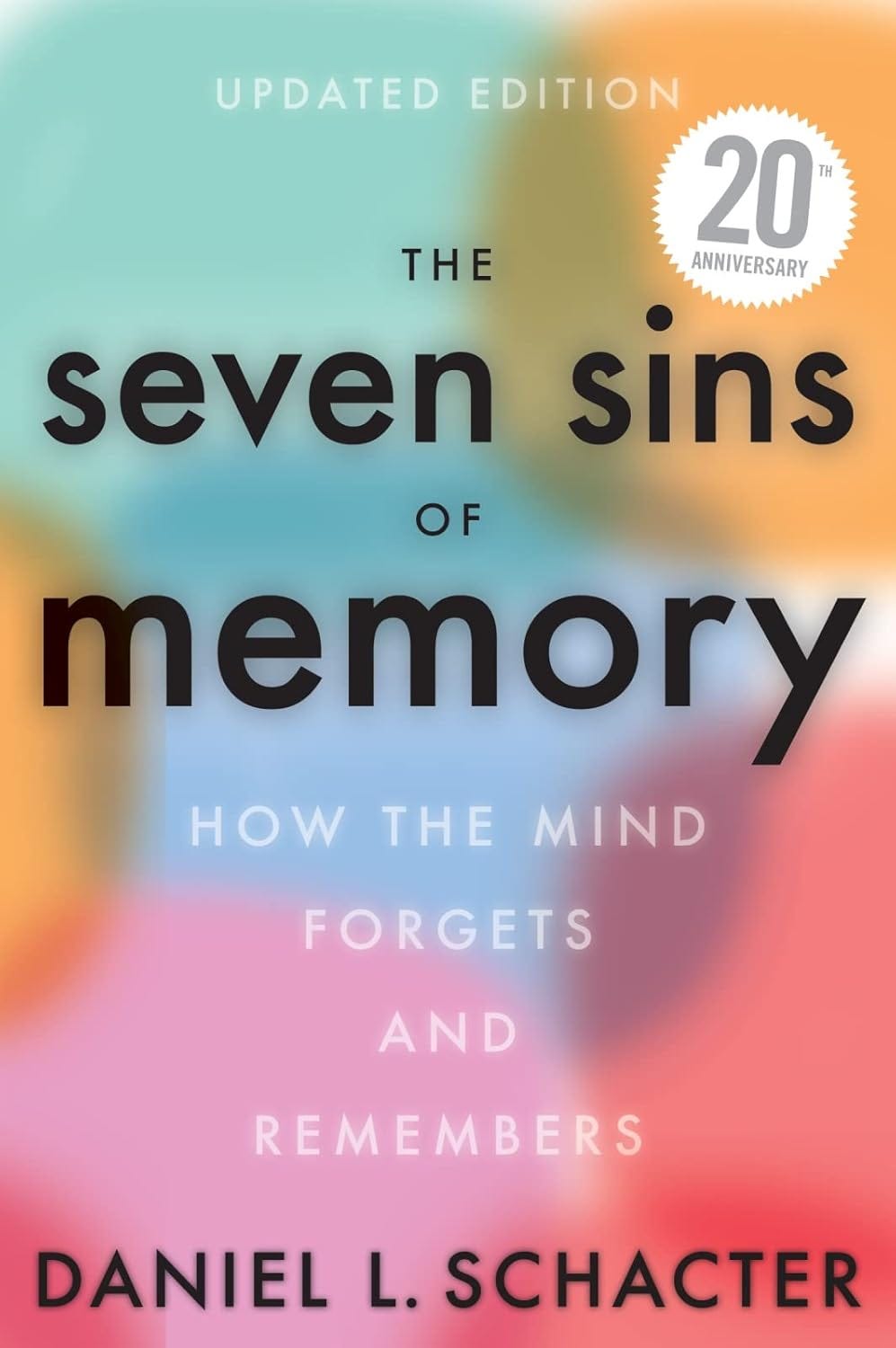
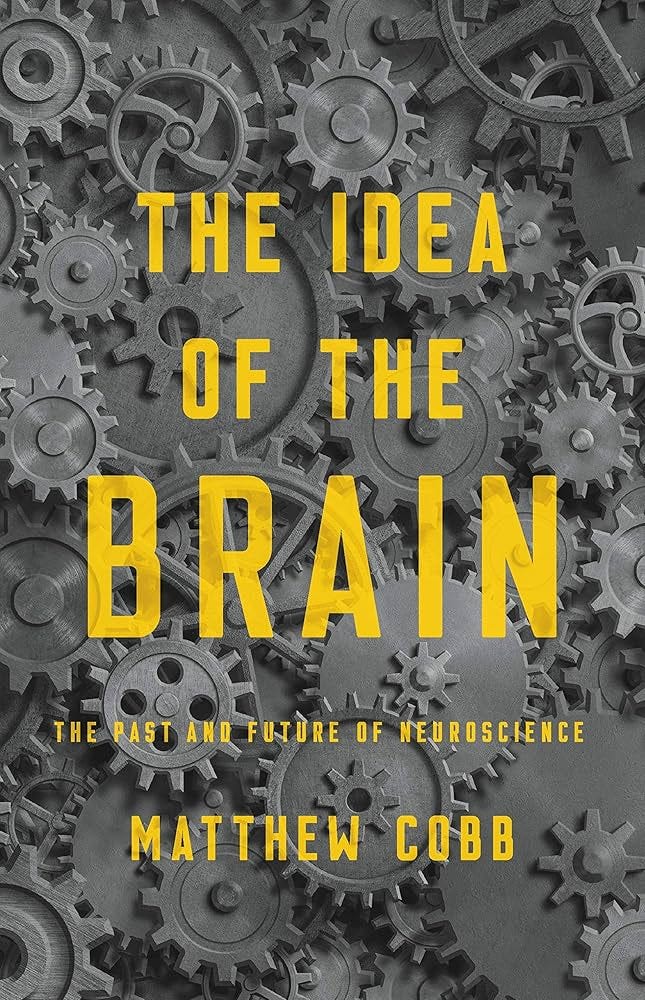
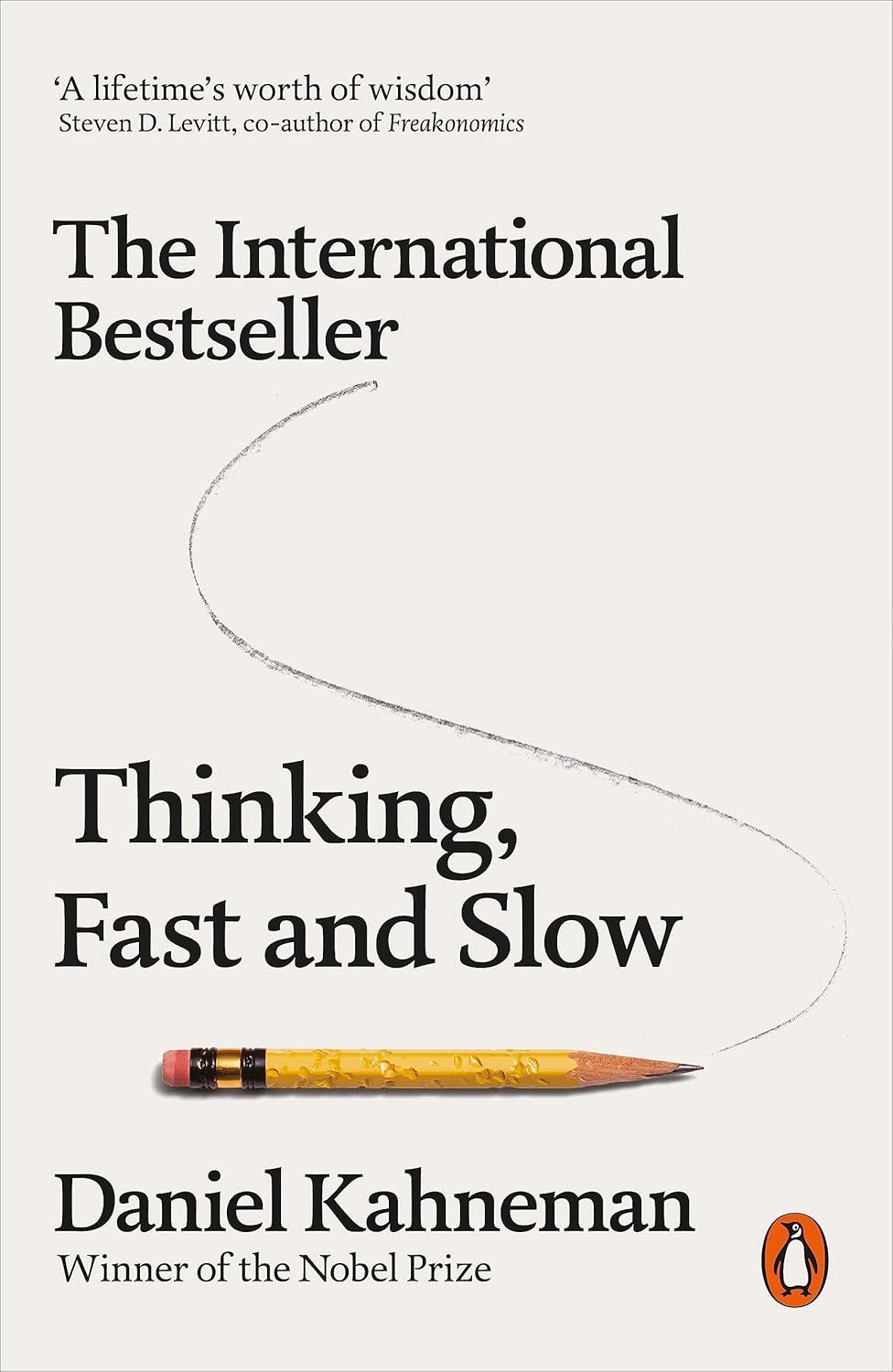

Awesome list. Skeptical, however, about BLINDSPOT:
What You Might Be Missing (2013)
https://archive.ph/MA417
"The big problem with Blindspot is that it perpetuates several inaccurate stereotypes about how science is done"
Stretching the Limits of Science (2024)
https://www.dropbox.com/scl/fi/xau4njotisg15tbovpg0c/2024-MITCHELL-AND-TETLOCK-Chapter5_AuthorReviewed.pdf?rlkey=3mzftxbms25btic61tpm719ji&e=2&dl=0
"No longer can implicit bias be sold as something that most good people unwittingly have, a pitch central to Blindspot"
Implicit Bias: What Is It and How Does It Matter for Diversity, Equity, and Inclusion? (2024)
https://www.researchgate.net/publication/379189928_Implicit_Bias_What_Is_It_and_How_Does_It_Matter_for_Diversity_Equity_and_Inclusion
"while unconscious bias is an understudied but potentially significant obstacle to DEI, the widely presumed relevance of bias on indirect measures seems questionable, if there is any at all"
All my favourites are here—Psych, Stumbling on Happiness, and Categories We Live By! Intrigued by The Philosophical Baby… next in line after Scott Hershovitz's Nasty, Brutish, and Short.